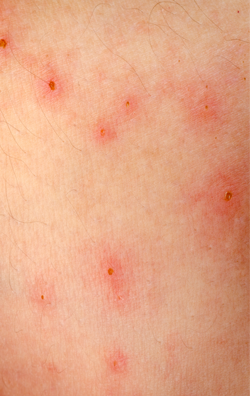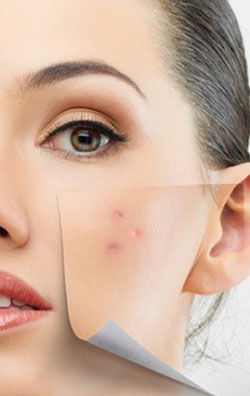
A team from Johns Hopkins Medicine has found that PCR-based tests for SARS-CoV-2 have a false negative rate of at least 20%, depending on the time of testing. Scientists from Johns Hopkins Medicine in Baltimore, Maryland, have shown that as many as 1 in 5 RT-PCR tests for the coronavirus may produce false negatives, incorrectly informing a patient that they do not have a SARS-CoV-2 infection when they actually do. The majority of tests for the novel coronavirus involve taking a swab from the back of the nose or the throat for genetic analysis. This analysis uses a laboratory procedure called reverse transcriptase-polymerase chain reaction (RT-PCR), which converts genetic material from the virus (RNA) to DNA before amplifying it. It allows the detection of genetic material specific to the SARS-CoV-2 virus, confirming a diagnosis of the associated disease, COVID-19. Although serological, or antibody, tests are also available, these typically serve to confirm a past infection in people who have since recovered from COVID-19, rather than to detect an active infection. There has been much discussion about the accuracy of antibody tests, with manufacturers even withdrawing some such tests due to concerns about their reliability. A new analysis suggests that the accuracy of RT-PCR could also be under question.
(Credits: www.medicalnewstoday.com)





